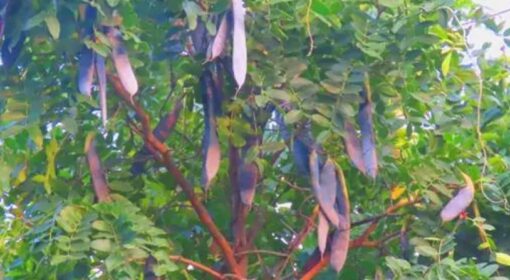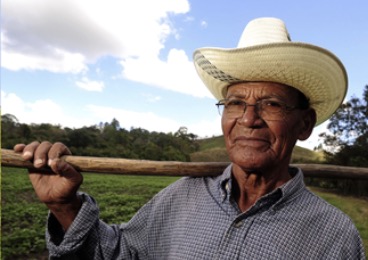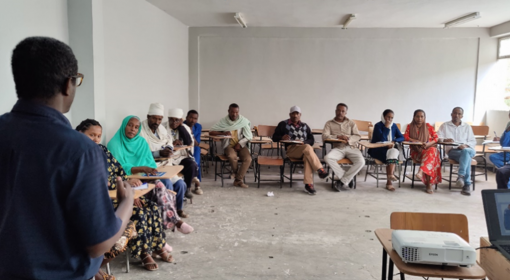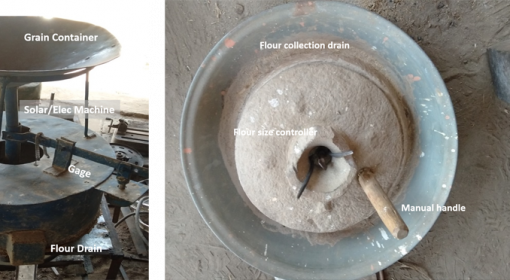By Ashfaque Soomro and Frank van Steenbergen
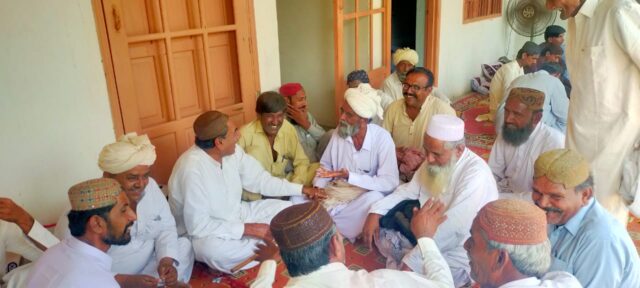
In ancient times, there were some tribes or communities that sustained themselves through special traditional or folk skills such as singing, crafting, storytelling, pottery and others. Such groups significantly contributed to the richness of the social and emotional fabric of their societies and the preservation of tradition. It was a kind of social contract or bond, with reciprocal support. The artisan group offered their skills and cultural services, society in return provided them with livelihood, respect, and a place in the social structure. If we say, it was food for work, it will not be wrong. Manganhars (or Manganiyars), an ancient community are one of them. They used to earn their bread and butter by singing and playing musical instruments. They are known for their special traditional musician skills – but they are much more than that – they are conveyors of happiness and joy.
Manganhars, are living mostly in various parts of Sindh and Punjab in Pakistan and Jaisalmir, Kachh, Bhuj, Ahmedabad, Barmer, Gujarat and several other parts of India. Besides their musician artisanship, what is important is their unique ability of spreading happiness. They used to be the true beacons of happiness, bringing joy to every celebration they are part of. Because of their selfless involvement in happiness of others, and being happiness sharers, they were bestowed with the trust of society also and enjoyed the honorary status of the advisors to rulers in ancient times, ever since Alexander the Great who also ventured in this area. This trust was bestowed to them because of their loyalty with their patron and their problem-solving skills. As entertainers, they enjoyed a place in almost every family. Because of their unbiased attitude and people centred mind-set, till now they are an integrated part of social and cultural fabric, and they have played their due role in the advancement of music and cultural activities. In festivities and ceremonies, they played a role by performing their music.
In addition to singing, Manganhars had another important responsibility of reciting the genealogy in the gatherings, specially at the end of a wedding. This is locally called as ‘Vehag’. It was not just a necessary duty but a cherished custom in many of the communities. An elder Manganhar would eloquently recall the names of forefathers and narrate poetic verses, songs, or epic tales that celebrated the bravery, generosity, or memorable deeds of the ancestors. This oral tribute served not only to transfer knowledge of genealogies but also to keep the binding legacy of ancestry alive. This custom continues in some areas.
In their broader social role, the Manganhars were also entrusted with the social responsibility by their caretakers or patrons to finding marriage proposals for the young generation and after an agreement of one family, start conveying the messages to the other family. This was role, that Manganhars were famous for.
Over the time, Manganhars’ role and recognition has weaned away due to various factors such as the indulgence of commercial and untrained singers and performers in the cultural festivities, the gradual weakening of traditional social bonds, the switching to new and better paid labour opportunities and formal jobs, the emergence of higher education for the children, urban migration. Only a small number of Manganhars are left in their original areas, upholding their ancestry and rich musical heritage. Even those who still sing, have adapted popular singing trends to attract new audiences. Like other artisan communities, Manganhars have also embraced more commercial ways of living, transitioning from their indigenous identity, ways of life and artisanship to a modern lifestyle.
But the need still exists, even more maybe in these turbulent times: the need for a community dedicated to others happiness, bringers of joy, to guardians of common binding heritage and enriching culture. We need new Manganhars, new selfless communities that preserve the fabric of society, dedicated to solving conflicts and making mutual connections.
From: How the Other Half Lives
